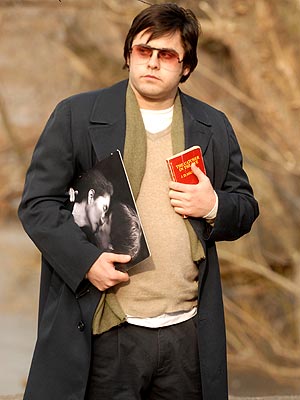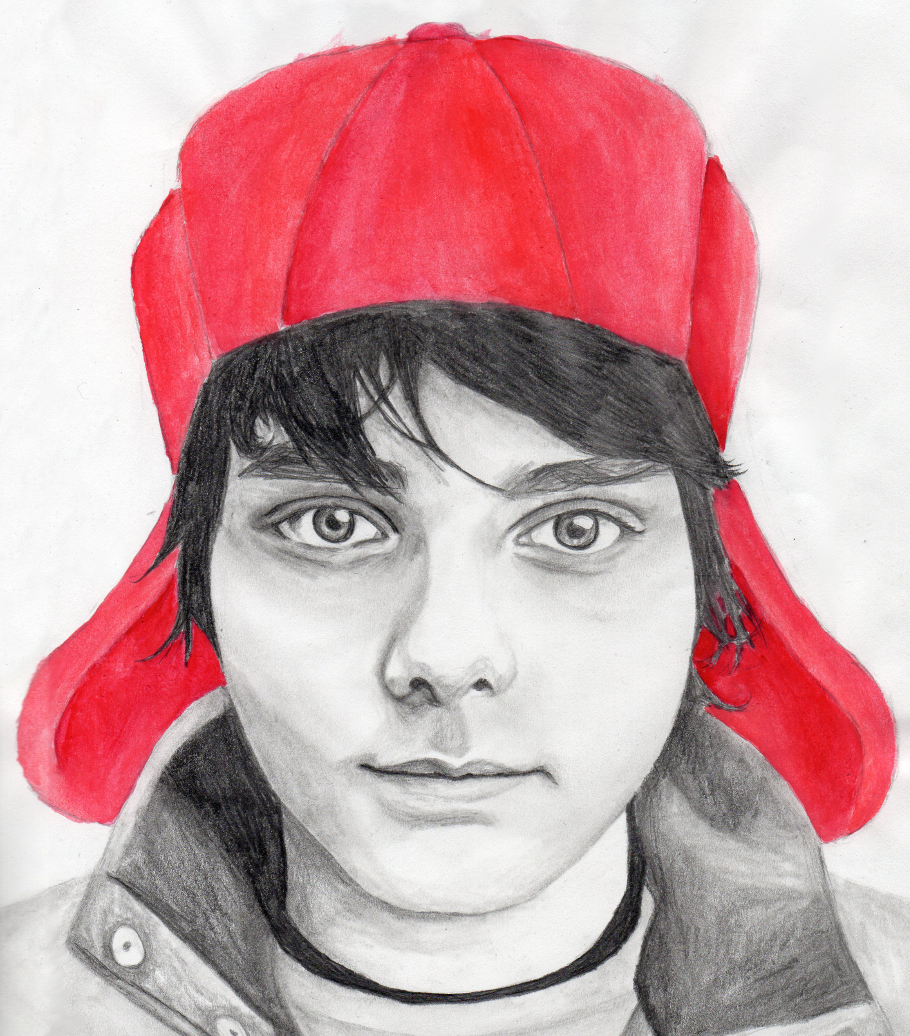The Catcher in the Rye History
The book we were reading its called "The Catcher in the Rye" by J.D. Stalinger. It was first published in 1951, having an inmediate impact on the american society of those times, but why?
The answer is simple, it criticizes the american society and breaks the perfect-american-family model. In his story Stalinger talks about a young man called Holden Caulfield who is a student at a school called Pencey Prep, he gets expelled from that school because he doesnt apply himself. He leaves the school sooner than he was supposed to and goes to NY. Through his story we can see that american society at that times is not so perfect as you could have thought. Through his eyes we can see the " Dark Side" of that society; we can see prostitutes, trasvestites, suicidal people and a lot of people that pretend to be what they arent.
Teenagers reacted in a different way to the book. Several thought that the book was a waste of time, a smaller group thought it was a very good book with great reflexions and with a good plot. And even a smaller group felt identiefied with the book, they thought it was the best book they have ever read, and made changes in their lifes, for good and bad. As an example of the bad changes we have Mark David Chapman, the guy who killed John Lennon. The day he was going to murder John he left all his stuff in his house in order for the police to fid them and on top of all the things he left a copy of this book, in the first page he wrote: "This is my declaration" and he signed it as Holden Caulfield.
This book has been banned in several places because it shows a lot of obscene stuff like minnors smoking and drinking, elevator guys offering prostitutes to anybody or couples spitting to each other.The connection with Mark David Chapman also has contributed to the ban of this book because several persons think he got the courage and inspiration for the murder from this book.
 |
| Mark David Chapman and The Catcher in the Rye |
Now
im gonna present 2 reviews of the book, one made nowdays and one back
in the 50s
Nowdays:
Let's
just say that this book is certainly one open to a lot of controversy
and debate, yet that is what makes it such an interesting read.
The
Catcher in the Rye certainly wouldn't be everyone's cup of tea,
however I find it an exciting and compelling read, with a gallon of
brutal reality poured in along with some humour, contrasting with
moments of depression.
Despite
being written in 1951, I think many teenagers would be able to relate
to the various themes present in the book. It is a modern classic of
the coming of age genre. I find the main character, 17-year-old
Holden Caulfield, absolutely intriguing and as I read the book, it
was fascinating to get inside the head of the strange, rebellious
protagonist.
The
book begins with Holden directly addressing you, the reader, and he
begins to retell the events over a three day period from last
December. His story starts at Pencey Prep, a prestigious boarding
school filled with "phonies", as Holden likes to call them.
What
strikes me the most is the way Salinger creates the a brash
atmosphere from the very beginning of the book with Holden being
portrayed as insolent, lazy and quite frankly, completely clueless
about his future.
Almost
all of the story is one long flashback of this three day period with
occasional references to the present. One thing that sets The Catcher
in the Rye apart from other similar novels, I think, is the fairly
frequent use of profanity - be warned! The heavy use of colloquialism
is effective in making the reader relate to the characters better and
make the characters seem realistic, but on the other hand, if you're
under fourteen, I would certainly not recommend the novel to you! It
isn't only the language used that makes The Catcher in the Rye
unsuitable for younger readers, but also the themes discussed,
centred around the idea of morality.
J.D.
Salinger's novel is a wake-up call to all teenagers and in a sense,
is an inspiring read because it sends out the message that we should
all remain hopeful and true to ourselves. Teenagers can relate to it
because of its complex themes of rebellion, identity and independence
but I would recommend you read it before you're an adult otherwise
you may have the urge to slap Holden for his actions when reading the
book!
Aiman.A Thursday
June 21 2012
Back
In the 50s
In
"A Perfect Day for Bananafish," the
first of J. D. Salinger's remarkable short stories to attract
widespread attention, a young veteran recovering from a nervous
breakdown in Florida takes a little girl out swimming, in a
charmingly described interlude, and then goes to his hotel room and
shoots himself when he is confronted by his shallow wife. In "For
Esmé— With Love and Squalor," one of the best and most moving
of all his stories, an American soldier in Germany suffering from an
extreme case of combat fatigue is brought back by a message from a
little girl he had met in England. And in the climactic scene of his
first novel, The
Catcher in the Rye,
the sixteen-year-old hero who has been wandering around New York
alone for three days, ever since his expulsion from boarding school,
in a state somewhere between reality and unreality, abandons his
dream of running away to the West and goes home (and subsequently to
a sanitarium) when his ten-year-old sister, whom he has met secretly,
is clearly broken-hearted at the thought of his leaving.
In
all three cases the children and the boy-men are exceedingly well
done. In each case, despite the similarity of situation, they are
quite different and distinct individuals. The final scene in The
Catcher in the Rye is
as good as anything that Salinger has written, which means very good
indeed. So are a number of other episodes. But the book as a whole is
disappointing, and not merely because it is a reworking of a theme
that one begins to suspect must obsess the author. Holden Caulfield,
the main character who tells his own story, is an extraordinary
portrait, but there is too much of him. He describes himself early on
and, with the sureness of a wire recording, he remains strictly in
character throughout:
I
shook my head. I shake my head quite a lot. "Boy!" I said.
I also say "Boy!" quite a lot. Partly because I have a
lousy vocabulary and partly because I act quite young for my age
sometimes. I was sixteen then, and I'm seventeen now, and sometimes I
act like I'm about thirteen. It's really ironical because I'm six
foot two and I have gray hair. I really do. The one side of my
head—the right side is full of millions of gray hairs. I've had
them ever since I was a kid. And yet I still act sometimes like I was
only about twelve.
In
the course of 277 pages the reader wearies of this kind of
explicitness, repetition and adolescence, exactly as one would weary
of Holden himself. And this reader at least suffered from an
irritated feeling that Holden was not quite so sensitive and
perceptive as he, and his creator, thought he was. In any case he is
so completely self-centered that the other characters who wander
through the book —with the notable exception of his sister
Phoebe—have nothing like his authenticity. The Catcher
in the Rye is
a brilliant tour-de-force, but in a writer of Salinger's undeniable
talent one expects something more.
Anne
L. Goodman July 19 ,19
 |
| J.D Stalinger |
 |
| Holden Caulfield |













